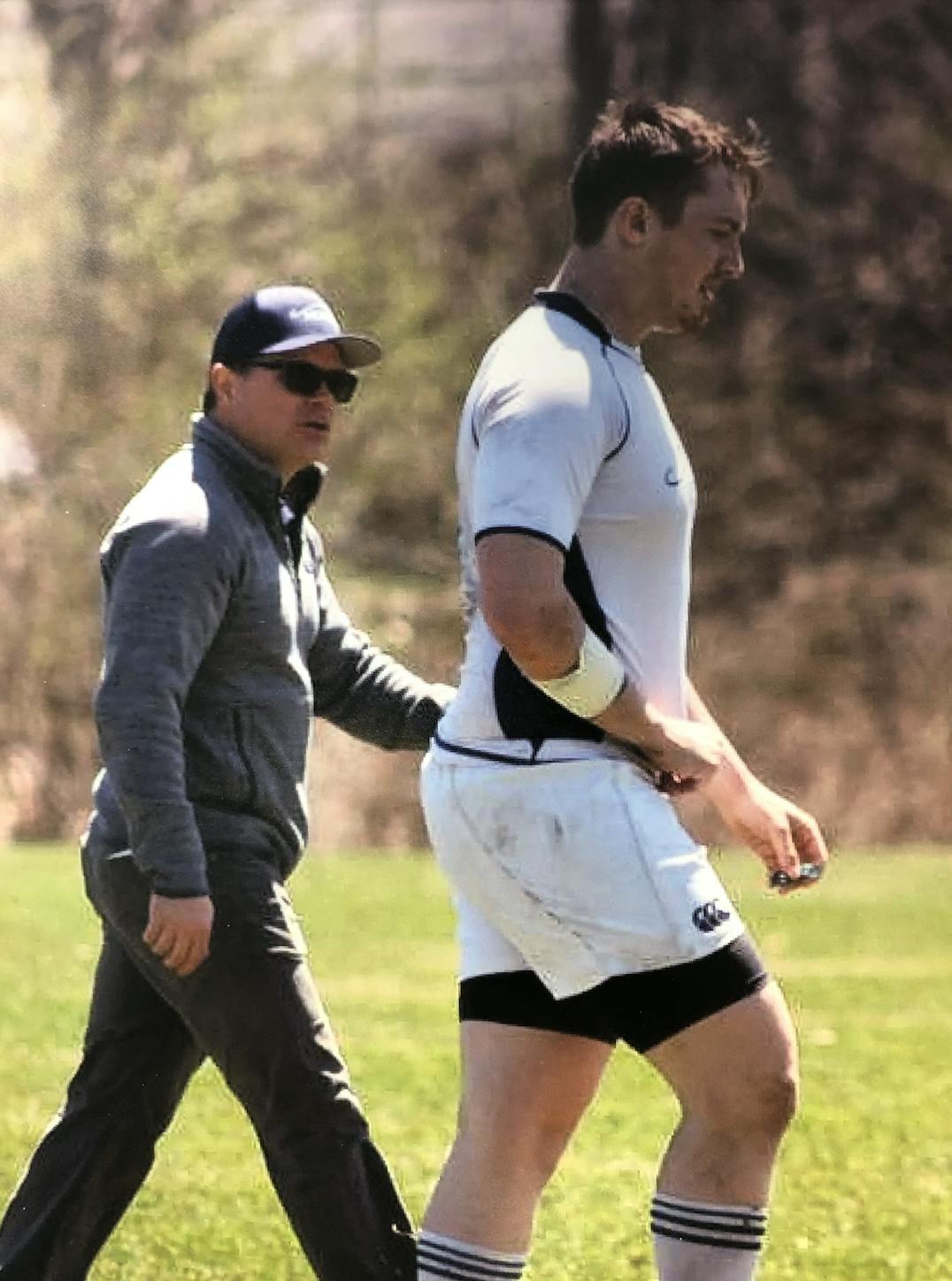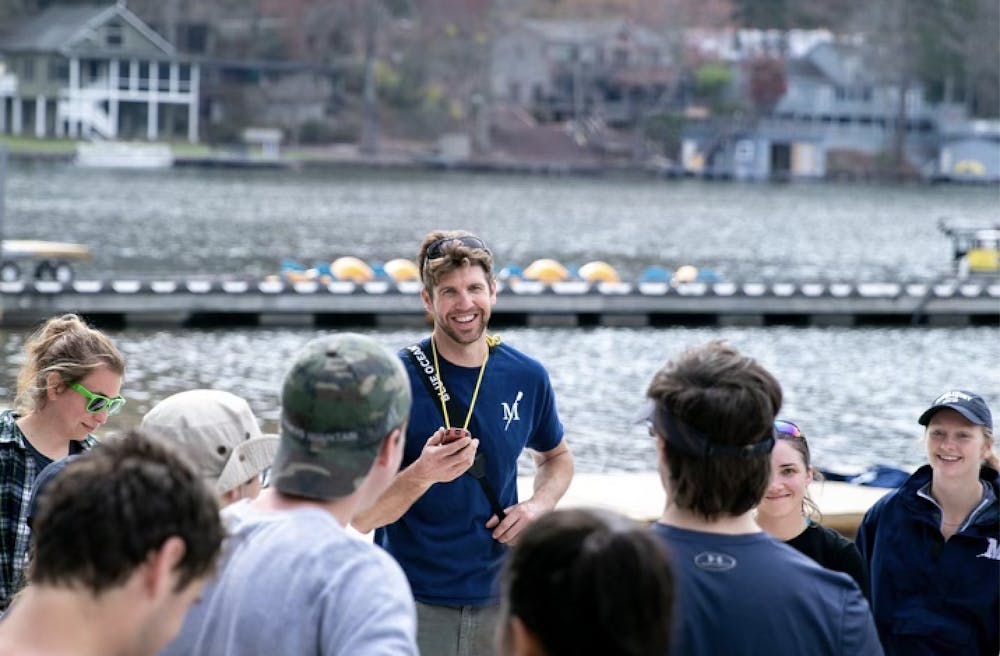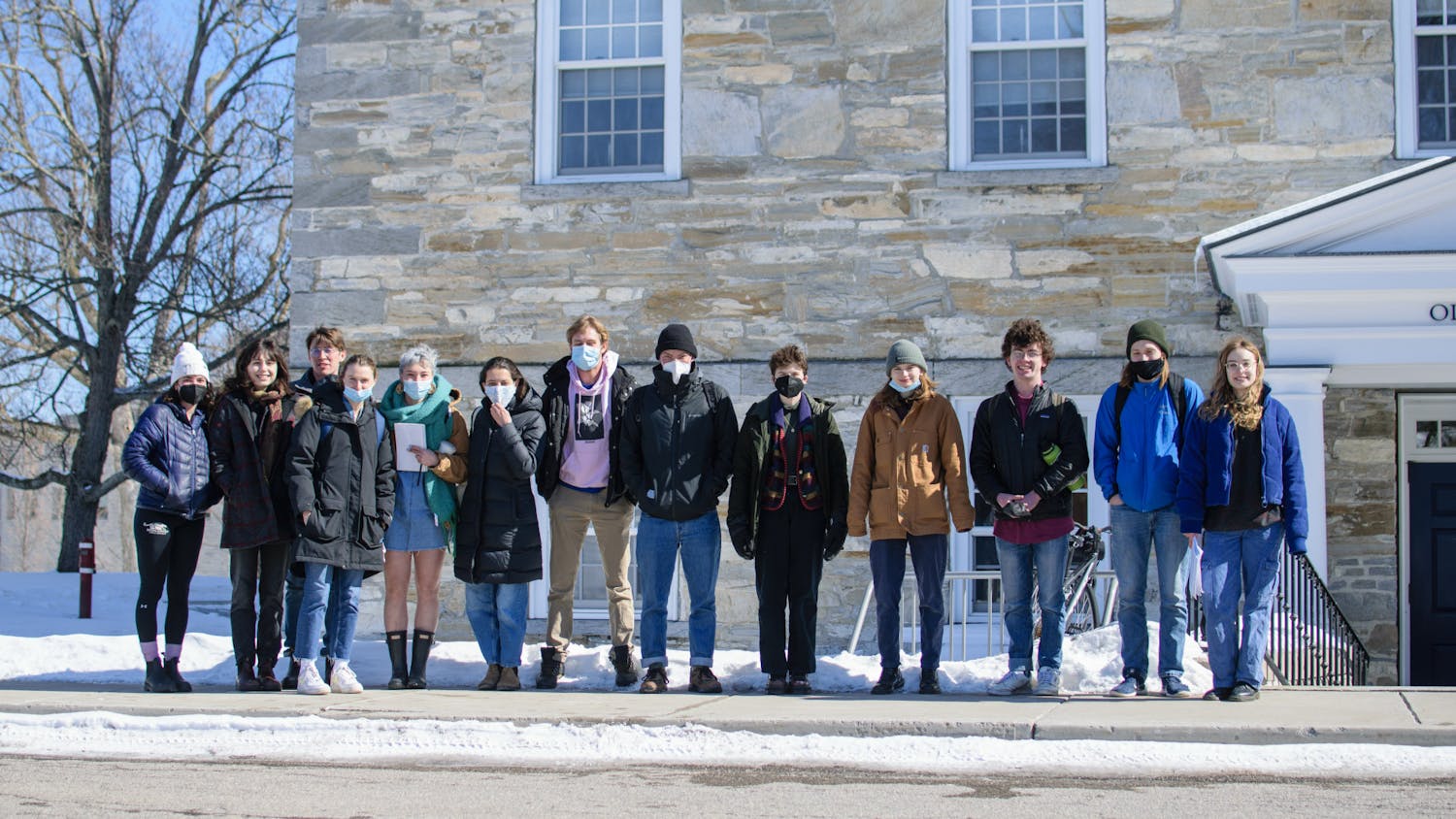Club sports are an alternative to the highly structured environment of varsity athletics at Middlebury. However, compared to varsity, club teams receive little funding and few resources, putting a lot of responsibility on the coaches to keep their teams’ wheels spinning.
Here is why Middlebury’s club sports coaches enjoy the work they do, despite their unique job descriptions.
Love for the game
Middlebury’s club sports coaches, inspired by a profound love for their respective sports, are the linchpins of the teams.
Brian Goodwin, the head coach of men’s and women’s water polo, started coaching at Middlebury in 1999 and hasn’t missed a year besides the pandemic seasons. Goodwin has played water polo for much of his life and brings an extensive background in coaching. At Middlebury, he’s assisted by volunteer coach, Tom McGinn, who has worked at the College for over 20 years.
Goodwin commutes nearly an hour to and from Middlebury four days each week for the team’s practices. He also travels with the team for fall and spring tournaments, including the women’s team’s annual spring break trip to Florida.
Coach Kerry Wiebe of men’s rugby shares a similar story. Wiebe started playing rugby as a senior in high school, quickly falling in love with the sport. After an impressive personal rugby career, Wiebe took up coaching, finding his way to Middlebury in 2016. Like Goodwin, Wiebe makes a significant commute to Middlebury each day for practice and travels with the team.
Head Coach Rich Connell of Middlebury Crew has been involved with the sport since his college days at Franklin Pierce University in New Hampshire. Now in his fourth year at Middlebury, he’s revered by students for his past and continued accomplishments as a rower.
“[Rowing] is a beautiful, brutal sport where you have to basically turn yourself inside out to make the boat go fast,” Connell said. “You learn a lot about yourself in sport: your strengths, your weaknesses. There’s a lot of struggle.”
The club-varsity divide
While club coaches are passionate about their sports, they acknowledge the differences between club and varsity athletics at Middlebury.
Club sports rely heavily on donations from alumni to fund gear, travel, and other team expenses. For some sports, such as water polo, gift accounts fail to cover all team costs, meaning that players must pay for things like hotels and apparel. Middlebury does, however, cover critical expenses for players whose financial status would otherwise leave them unable to participate.
While Wiebe says the divide between varsity and club is stark, he acknowledges that the rugby team has some varsity privileges. Given that rugby is a collision-based sport, the school supplies the team with an athletic trainer who attends all of the practices and home games.
Wiebe notes that the rugby team is privileged at Middlebury because they have their own designated field space, although their grass field is practically unusable in the spring. Teams without a coach, such as club soccer, struggle even more to coordinate finding an adequate space and time to practice on a regular basis.

Student-coach rapport: The driving force for showing up
Middlebury’s club sports coaches spoke highly of their athletes and the Middlebury student population at-large.
Part of what makes club sports so special is that many athletes come in with no prior experience in the sport. Goodwin says one of his favorite parts of the job is watching players who have never played before college evolve into strong players and continue their relationship with the sport after graduating.
Goodwin also added that his relationships with players extends far beyond their time in the pool — he’s been to countless weddings and receives dozens of Christmas cards each year from former players.
Blurring the line between occupation and hobby
It’s obvious that Middlebury’s club sports coaches aren’t in it for the money or glory.
Goodwin says he has always looked at water polo as a paid hobby, saying that the money he receives is secondary to the enjoyment. Coach Wiebe echoed this sentiment, reiterating that coaching club sports isn’t a full-time job.
Indeed, all three aforementioned coaches hold jobs outside of Middlebury club sports — Goodwin owns a furnishing business, Wiebe runs a chiropractic center, and Connell works at the college as a club sports liaison and is also highly involved with the Student Activities Office.
Despite having busy work and personal lives, the coaches prioritize their time spent on the field or in the water with Middlebury students. Above all, club sports coaches are filled with gratitude for their careers at the college and aren’t concerned with their unique job descriptions.
“We’re probably under the radar, but we don’t need recognition,” Coach Wiebe said. “It’s not about that for us. It’s about giving whoever comes to practice an avenue to learn and play.”

Jones is majoring in Sociology and Anthropology.
While this is her first year writing for The Campus, Jones brings extensive writing experience from her work as a tutor at the Center for Teaching, Learning, and Research. She has produced a year-long independent project on grading models and academic wellbeing at Middlebury and also works as the marketing manager for an outdoor apparel startup, SheFly Apparel.
In addition, Jones serves as a volunteer firefighter for the town’s fire department and is a member of the women's water polo team.




